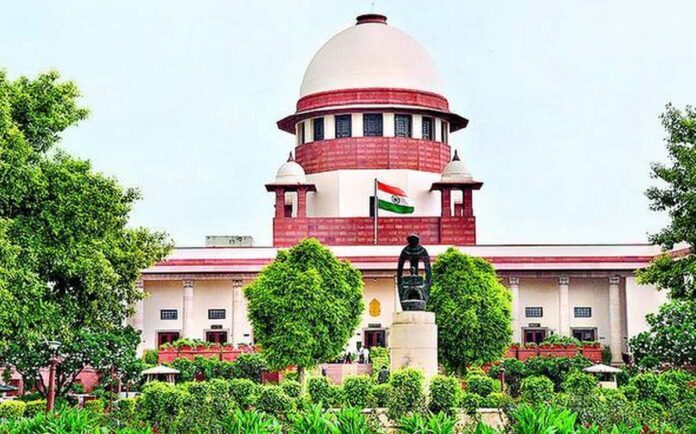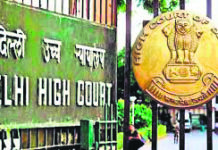NEW DELHI: The Supreme Court has reserved its interim orders on a series of petitions challenging the constitutional validity of the Waqf (Amendment) Act, 2025.
A bench comprising Chief Justice B.R. Gavai and Justice Augustine George Masih heard arguments over three consecutive days from senior advocates Kapil Sibal, Rajeev Dhavan, and Abhishek Manu Singhvi representing the petitioners, and Solicitor General Tushar Mehta representing the Centre.
The Court focused on three primary concerns: Denotification of Waqf Properties: The petitioners contested the Act’s provisions allowing the denotification of properties previously declared as waqf by courts, by user, or by deed.
Composition of Waqf Boards: Challenges were raised regarding the inclusion of non-Muslim members in State Waqf Boards and the Central Waqf Council, arguing that such positions should be held exclusively by Muslims, except for ex-officio members.
Government Land Inquiries: The Act stipulates that waqf properties will not be treated as such if a collector’s inquiry determines the land to be government property. Petitioners argued this provision undermines established waqf rights.
Arguments Presented; Senior advocate Kapil Sibal described the law as a “complete departure from historical legal and constitutional principles” and a means to “capture waqf through a nonjudicial process.” He emphasized that the government cannot dictate what issues can be raised in court.
Solicitor General Tushar Mehta, representing the Centre, defended the Act, stating that waqf, by its nature, is a secular concept and that the amendments aim to enhance transparency and accountability in waqf property management.








